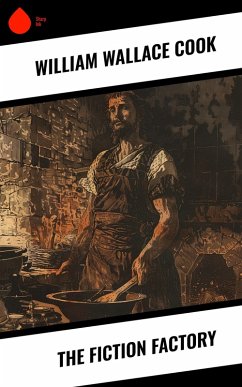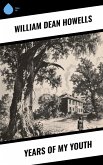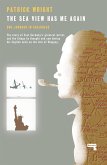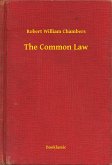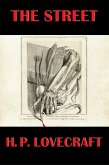In 'The Fiction Factory,' William Wallace Cook presents a compelling exploration of the mechanics behind storytelling, cleverly merging fiction with the principles of industry and mass production. Written in the early 20th century, Cook's innovative style combines both narrative and didactic elements, highlighting the formulaic aspects of writing while also invoking a sense of creativity. The book operates within the literary context of the burgeoning American commercial fiction market, reflecting the tensions between quality art and the demands of commercial success, while also offering prescriptive insights for aspiring writers seeking to navigate this landscape. William Wallace Cook was himself a prolific writer with a deep understanding of the publishing industry's inner workings, having authored numerous novels and short stories. His experiences as a ghostwriter and genre specialist influenced his approach to 'The Fiction Factory.' Cook's intimate knowledge of the literary marketplace and emerging popular genre fiction allowed him to articulate the delicate balance between artistry and marketability, ultimately advocating for the democratization of literature. This book is highly recommended for writers, literary scholars, and anyone interested in the mechanics of storytelling. Cook's insights are not only relevant for understanding the publishing industry of his time but also resonate with contemporary discussions on creativity and commercialism. 'The Fiction Factory' invites readers to reconsider the role of structure in crafting compelling narratives.
Dieser Download kann aus rechtlichen Gründen nur mit Rechnungsadresse in A, B, BG, CY, CZ, D, DK, EW, E, FIN, F, GR, HR, H, IRL, I, LT, L, LR, M, NL, PL, P, R, S, SLO, SK ausgeliefert werden.

